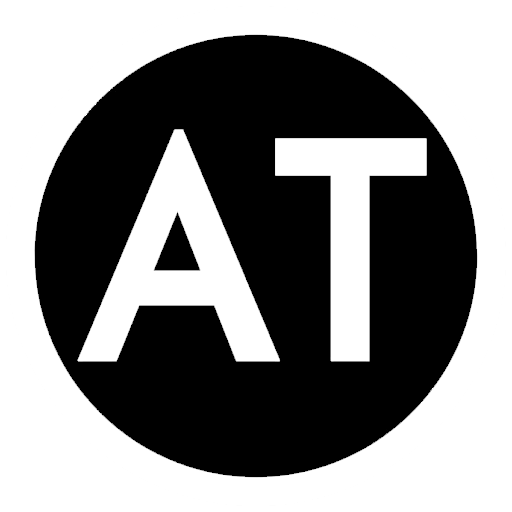It is no secret that higher education institutions focus primarily on providing quality education and research. However, this often means that managing and implementing an online visibility strategy is not their forte. As a result, potential students may find it difficult to locate them on search engines, leading to lost opportunities for growth and achieving impact.
A multi-part study commissioned in the fall of 2022 by Search Influence and conducted by the research team at the University Professional and Continuing Education Association (UPCEA), the preeminent trade organization for professional, continuing and online (PCO) education, showed that only a few university marketing teams had a solid understanding of search engine optimization (SEO) and its role in attracting new learners.
The mini-audit conducted by the UPCEA team rated the SEO readiness of 100 university professional and continuing education department websites. The assessment considered metrics related to SEO and user experience, including the number of unique pages (titles), unique meta descriptions, inbound links, domain and page authority, and accessibility. The UPCEA team surveyed marketing teams and institutional leaders to gauge their perception and alignment around SEO readiness.
The study found that marketers and institutional leaders consider SEO foundational for their marketing strategy, but admit their teams lack an SEO strategy. The general perception about SEO was positive, with 84% of marketing departments rating SEO as an essential part of their marketing strategy. However, the study found that only 51% have established an SEO strategy. This disparity suggests that many marketers might not have the skills, staff, or resources to create a strategy that looks beyond digital advertising and paid marketing.
The disconnect between the value of SEO and the number of university marketing departments that have an SEO strategy raises a couple of questions. Why do many departments avoid using SEO? What are the impacts of ignoring SEO? The first question can be answered by the perception that SEO is too complex, the return on investment is not clear, and digital advertising, with its obvious potential return on investment, seems an easier choice.
The second question addresses the potential impact on institutions that neglect SEO. As universities compete for a declining number of college-age students and face a labor shortage, they must adapt by diversifying their student bodies to attract nontraditional and professional learners. To do this, they must use innovative tactics, models, and credentials specific to these audiences, like non-credit programs, stackable degrees, and micro-credentials. These learners are typically more discerning and use various information sources to influence their decision-making.
Optimizing degree programs-storefront, the university’s website, is key to delivering better user experiences to website visitors. The results of the UPCEA study indicate that SEO is an area of opportunity for many universities to attract potential students to their PCO programs. Investing in SEO will not only support website ranking factors but will significantly impact their ability to attract prospective students in the long run.
Accessibility to websites is another factor of SEO readiness. 81% of websites reviewed in the mini-audit conducted as part of the study were semi-compliant with accessibility standards. Developing and maintaining an SEO strategy is critical to ensure university programs and departments meet their enrollment goals. Adhering to best SEO practices and utilizing effective digital marketing strategies will enable them to overcome their challenges and embrace innovative measures.
In conclusion, SEO is critical for universities’ online visibility and organic search ranking. Whether through individual efforts at the department level or centralized efforts at the institutional level, there is room for improvement in higher education SEO readiness. Providing comprehensive digital marketing strategies to support the long-term growth and relevance of institutions is essential. The future of higher education is inembracing innovative practices, models, and credentials tailored to nontraditional and professional audiences.
We want to thank the thought leader Will Scott as the source for this content and such awesome teachings on the subject, and we hope that this article


